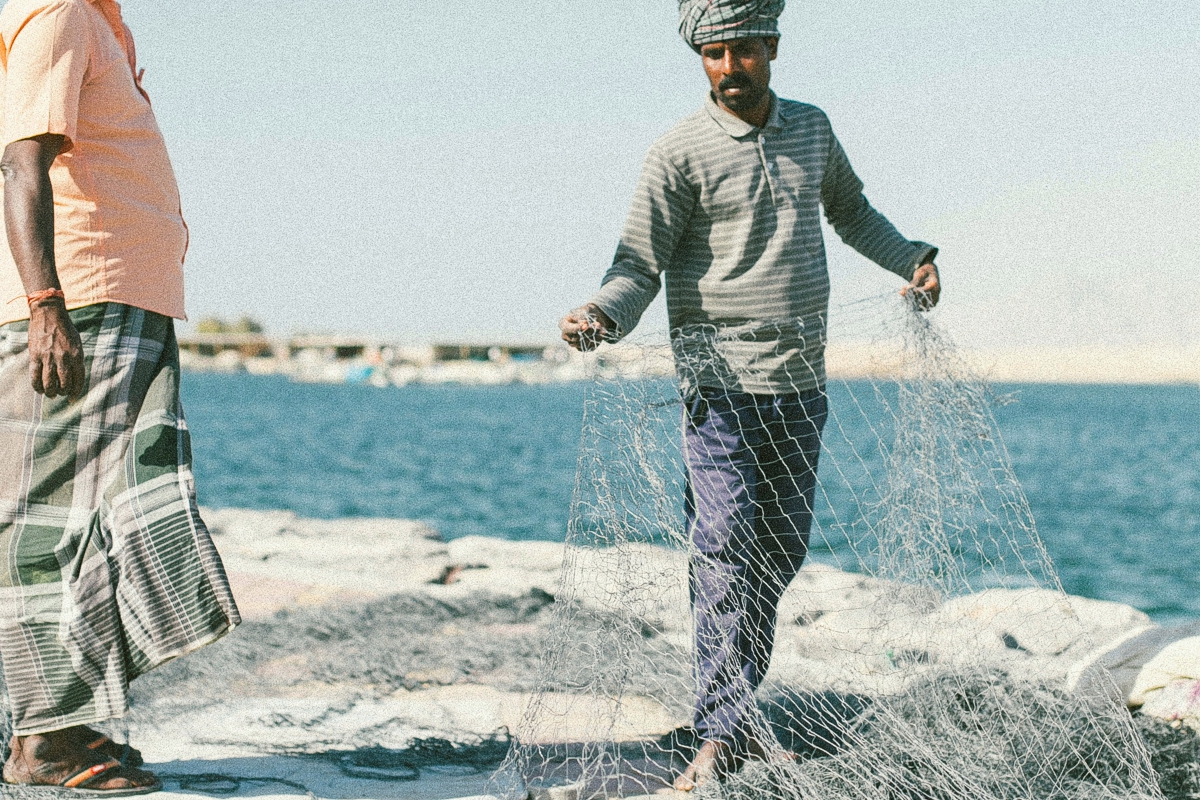UPDATES
July 28, 2023 — By now, 130 WTO members (80% of the membership) were calling for Appellate Body judges to be appointed, but in the July 28, 2023 meeting the US refused for the 67th time to join consensus (see agenda). Go to the May 17, 2023 paper; WTO documents search for all versions (including possible newer ones with additional sponsors).
January 26, 2022 — Brazil moved to authorise (under Brazilian law) unilateral action against countries that lose in a panel ruling and appeal “into the void” to leave a dispute inconclusive.
Legal opinion seems to be that this could violate WTO rules, but so long as the Appellate Body was unable to function, Brazil could also appeal “into the void” any legal challenge in the WTO. “In the absence of the Appellate Body, this does not seem totally bonkers,” tweeted law professor Geert Van Calster
News of the move came from Tatiana Palermo, President of Palermo Strategic Consulting and a former Brazilian vice-minister and negotiator, who tweeted:
“Brazil’s President Bolsonaro has signed an executive order allowing #Brazil to retaliate unilaterally ([including] suspending IPR [intellectual property rights] obligations) in cases where the losing party appealed the #WTO panel ruling into the void & continues with unfair trade practices.”
The executive order is here, in Portuguese.
October 26, 2021 — María Pagán, the Biden administration’s nominee ambassador to the WTO, told a US Senate Finance Committee hearing on her nomination that the US does want to “restore the Appellate Body”, a point that had never been clarified since the Trump administration blocked the appointment of appeals judges:
“I think there’s consensus that the WTO, and particularly the Appellate Body, need to be reformed. I guess on the other hand, we all have different views of what reform means, and particularly with respect to the Appellate Body. What we want, and if confirmed what I will work hard to do, is to have conversations so that we can restore the Appellate Body and the dispute settlement system to what we thought we had agreed to.”
To underscore that this is an official position, Henry Hodge, spokesperson of the Office of the US Trade Representative, tweeted Bloomberg’s story on the statement with the headline “Biden’s nominee to WTO wants to restore Appellate-Body function.”
Pagán’s remark came on the day the US blocked the appointment of appeals judges for the 47th time at a WTO meeting in Geneva. It was the first sign of any new thinking in Washington. But it was too late for anything to happen in time for the November 30 to December 3 Ministerial Conference.
Trade lawyer Simon Lester said the remark is “positive” but that restoring the system “to what we thought we had agreed to” may prove to be “tricky”, a point Pagán herself acknowledged.











